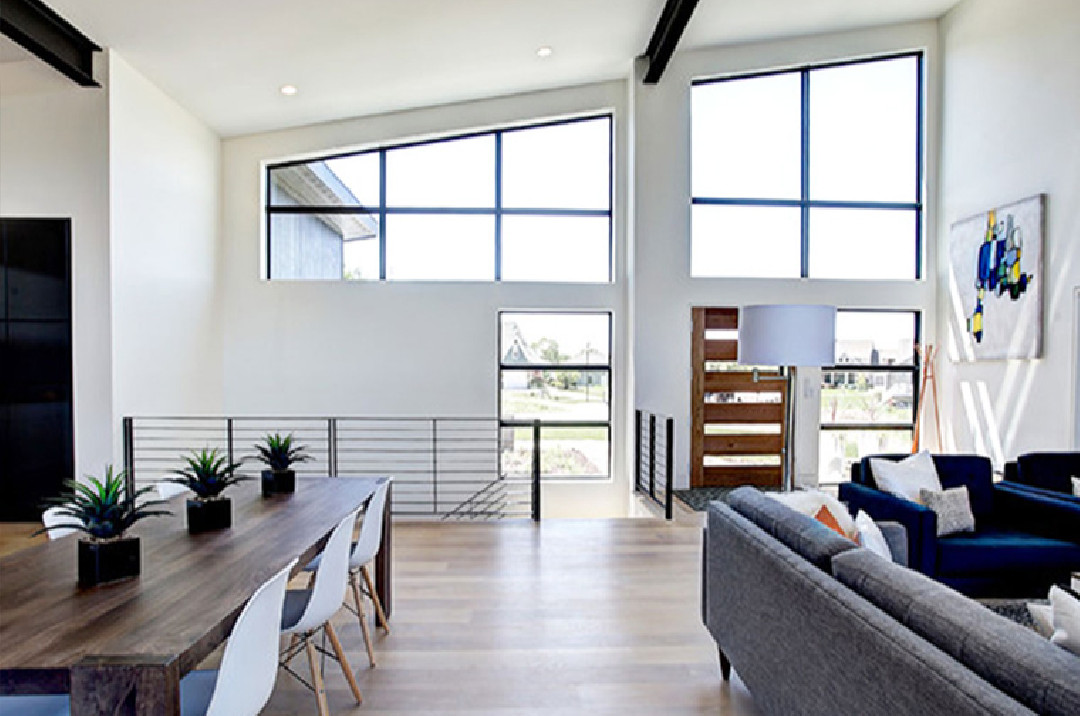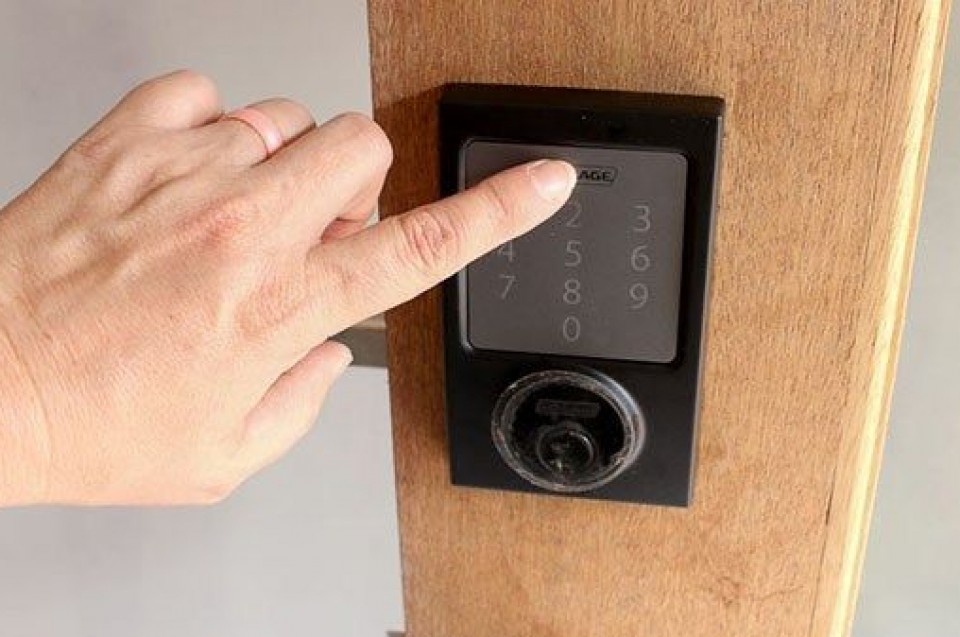From Mold to Structural Damage: The Consequences of Water Damage
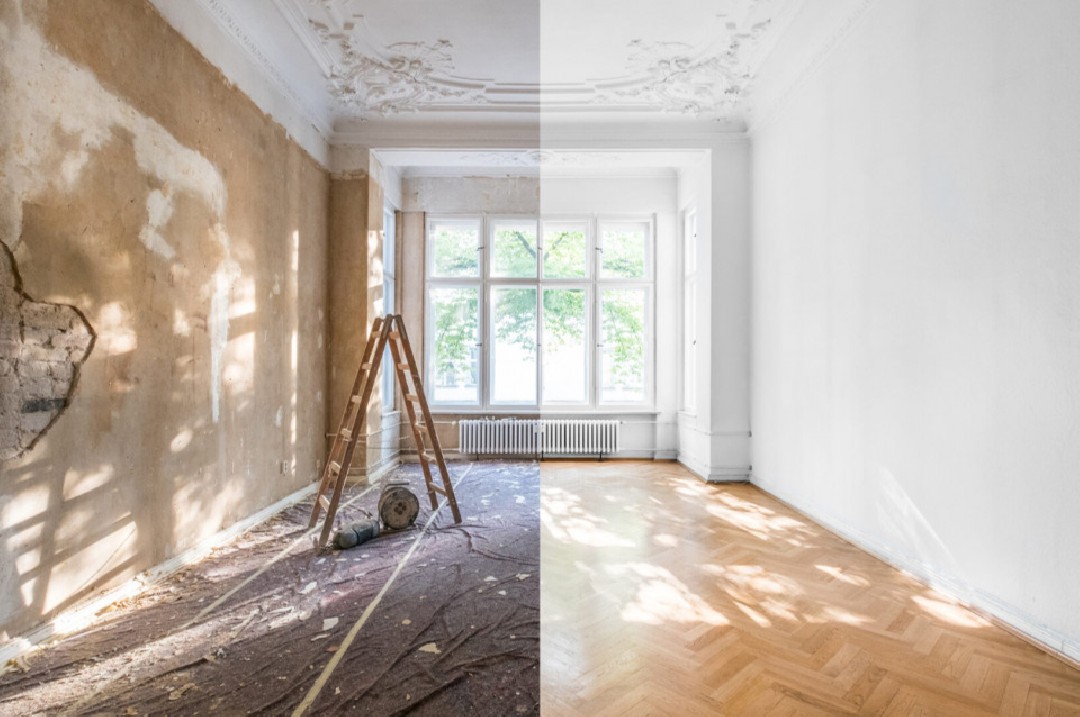
Water damage can occur due to flooding, burst pipe, cracks in the foundation, an overflowing tub, or flooding. Besides seeping into your home’s foundation, it can also affect other materials, like the ceiling, wooden beams, and drywall. If you notice wetness or mold on your walls, get help here on Robinson Restoration to fix the problem before it worsens.
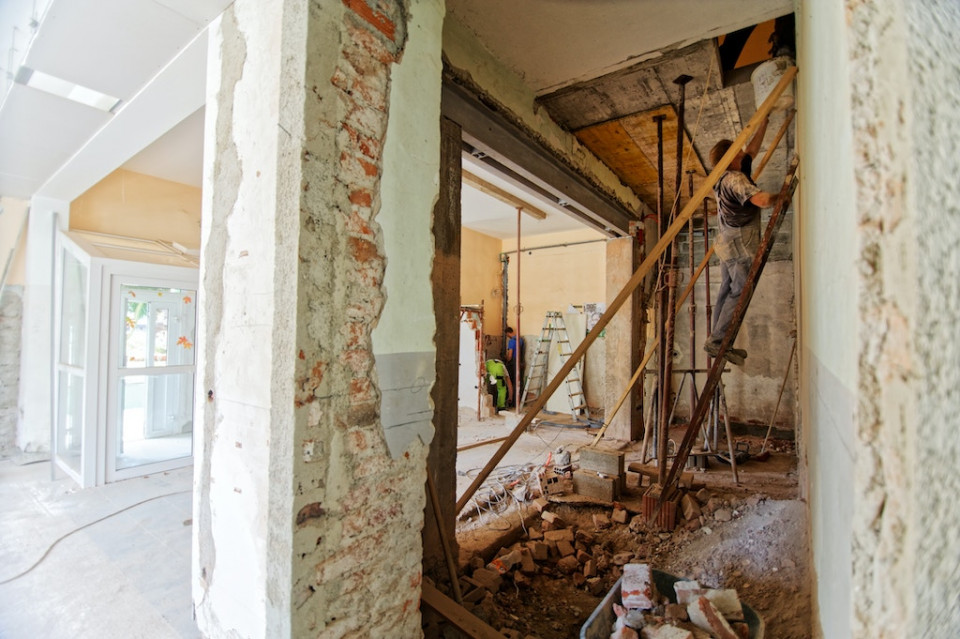
source : unsplash.com
Some building materials like wooden beams and drywall are susceptible to water absorption, which can lead to mold and mildew growth, then eventually become weak. Drywall peels and sags when exposed to water. Let’s learn more about water damage's minor and major effects on your home.
Signs of Water Damage in Your Home
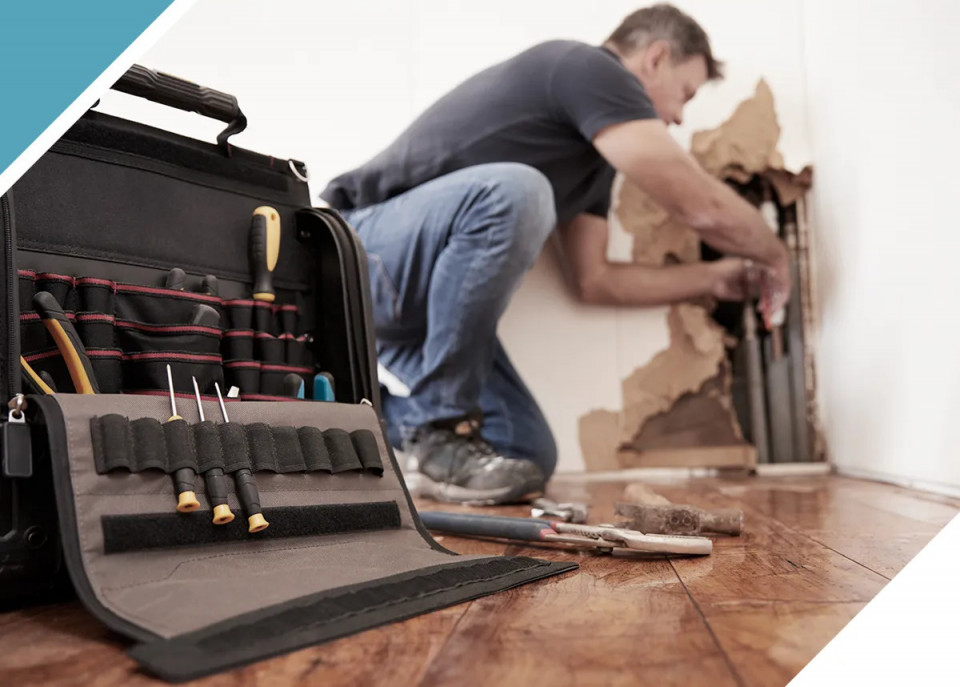
source : robinsonrestore.com
Water can damage a structure discreetly and cause major problems in the future. So, be vigilant in checking for leaks in your home and deal with them promptly.
Here are the signs of water damage to look out for:
Sagging Roofs
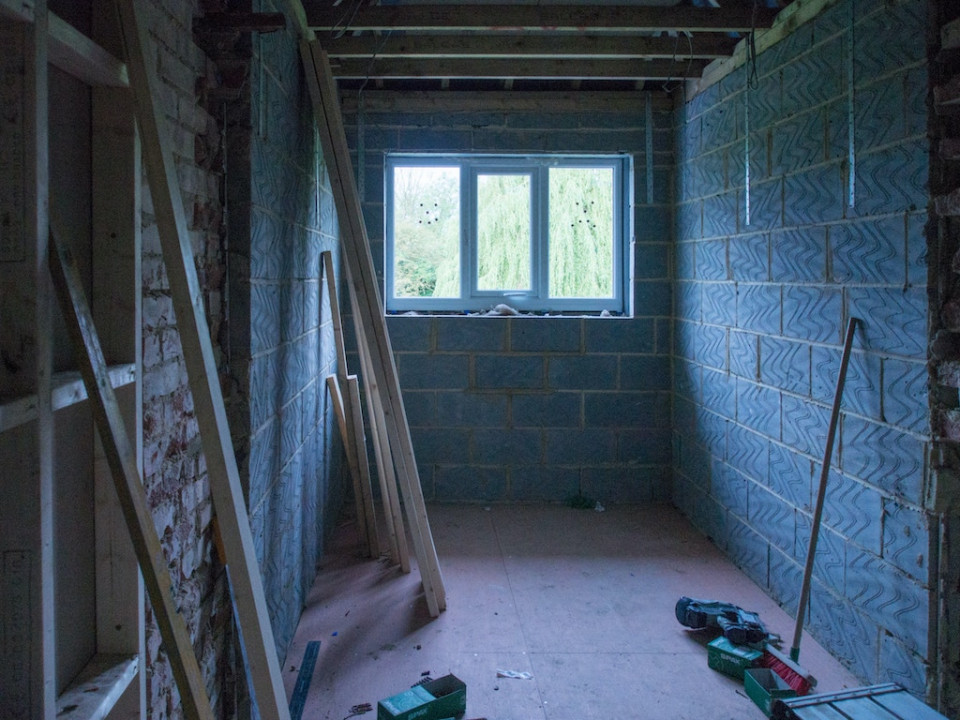
source : unsplash.com
Home water damage is typical on the roof due to rains, but it cannot be easy to notice immediately. Your ceiling will have small spots and the unmistakable smell of mold and mildew. A crack in shingles or clogged gutters can block water from flowing and cause it to enter your home through the roof.
The roof will sag from the damage if water enters your house for extended periods. If you notice that your roof is sagging, call a professional to inspect and correct the damage, and if there’s mold, contact a mold remediation professional immediately.
Water Leakage and Erosion
One of the most common causes of foundation problems is water damage, which can come from a leaking roof or rainwater. Heavy rains soften the earth and cause erosion to your home’s foundation, which shifts with time. A shifting foundation causes uneven flooring or hinders windows and doors from closing properly.
The Risks of Water Damage
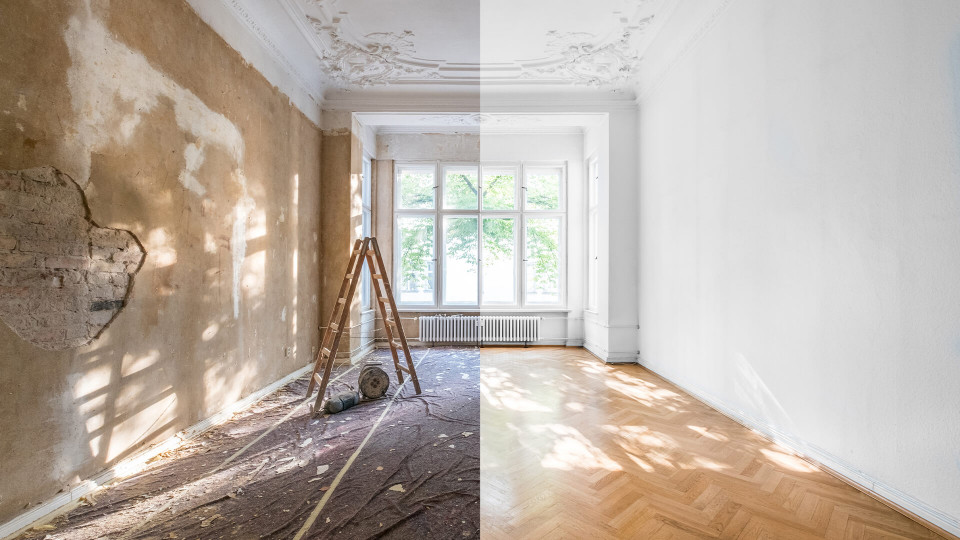
source : thearchitectsdiary.com
The impacts of water damage can be hazardous to your health, including problems such as mold infestation and bacterial growth.
Below is a list of risks associated with water damage.
Growth of Rampant Mold
Besides your home’s foundation weakening after erosion, water leak into building materials to affect the wooden beams and drywall. These highly absorbent materials can easily harbor mold growth and cause health problems like breathing issues to the occupants. When water damage affects your home materials, they become weaker.
Once the drywall is exposed to much water damage, it begins to peel and eventually hangs. Wooden materials that absorb water turn soft over time, then get mold infestation. Mold growth makes these materials dangerous, as the spores can lead to health complications.
It’s difficult to prevent mold growth after water damage occurs, and it will only take 1 to 5 days after exposure for the mold to show. Mold can grow on almost any surface; the sooner it takes residence in your home, the more damage it will cause. Some mold families contain neurotoxins that cause severe respiratory problems, which is why you should take immediate action on noticing mold. Dry the damaged area and clean up well, removing all debris to avoid harboring airborne problems.
Black Water Contamination
Three water categories can flood your home, namely:
- Clean water - It comes from sanitary sources.
- Gray water - Comes from home appliances and can be dangerous when ingested.
- Black water is unsanitary water that mostly comes from sewers and contains human waste. Flood water from rivers and lakes is in this category because it contains pathogens that can cause serious illness after ingestion.
Black water is the worst water damage any home can experience, and although it’s tough to come back from the mess, it can be remediated. If the flooding is too much, most appliances and furnishings are lost.
Damaged Structural Components
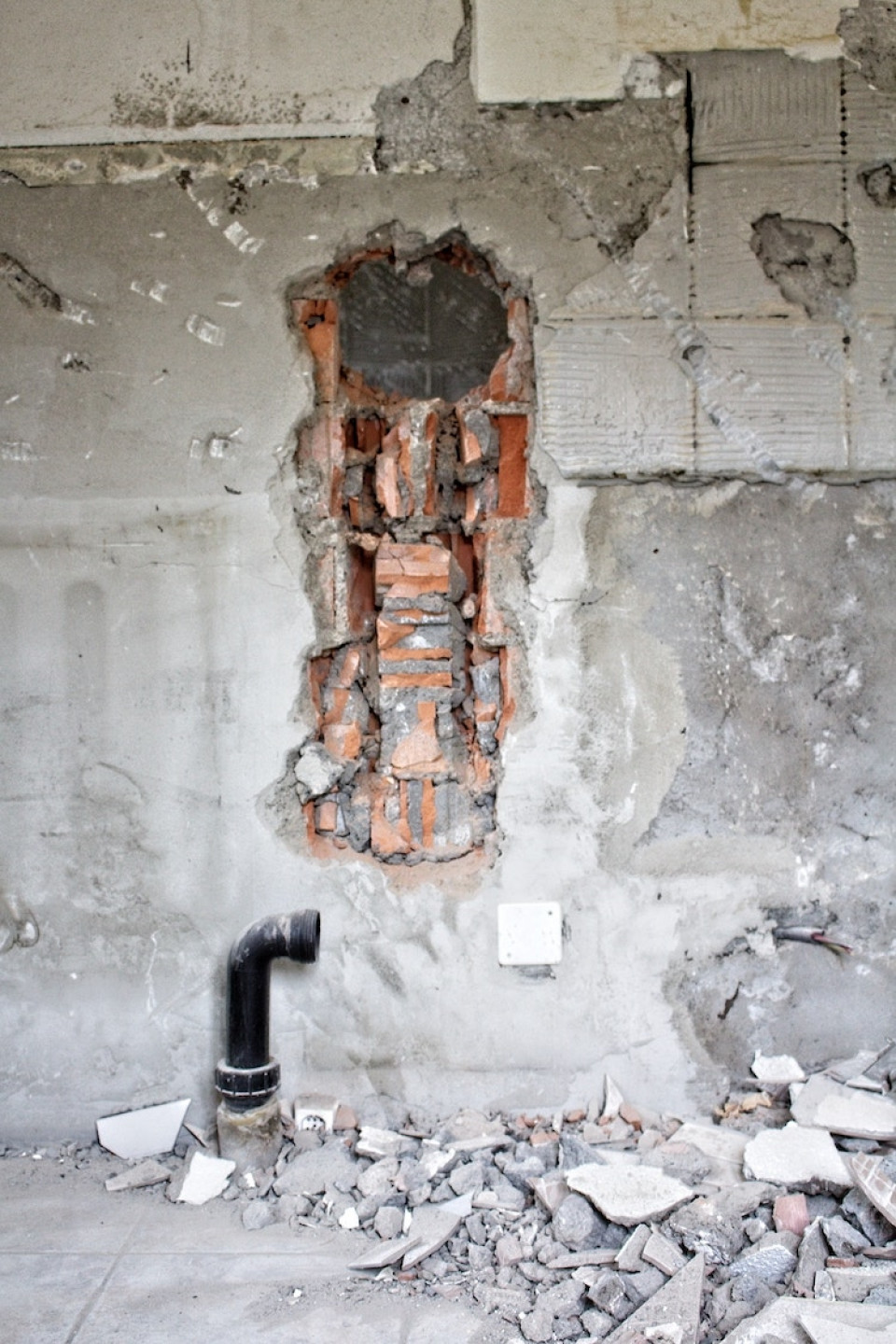
source : unsplash.com
If you don’t engage in timely water damage remediation, your structure will get soaked and deteriorate. Structural damage risks your entire household and is more costly to repair. If your home has structural water damage, timely remediation will uphold the value of your home.
Electrical Damage
It goes without saying that water and electricity should never mix. If your house faces water damage in the ceiling or wall, find an electrician to determine if all wires in that area are ruined. Ignoring water damage could spread the problem to circuits and cause severe damage. Be fast to call for water restoration services soon enough to avert structural and electrical damage.


